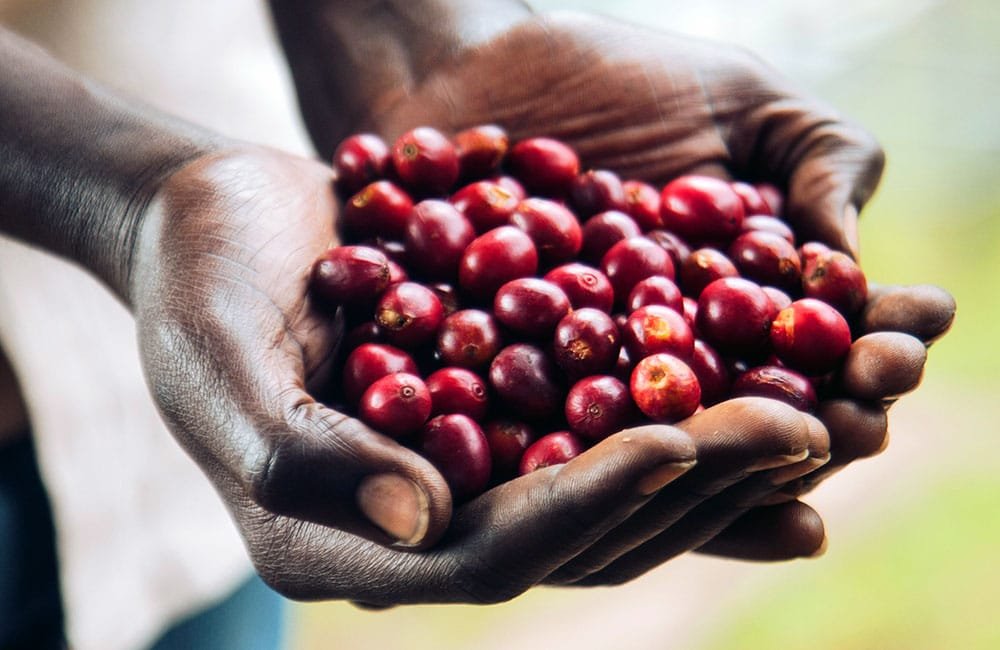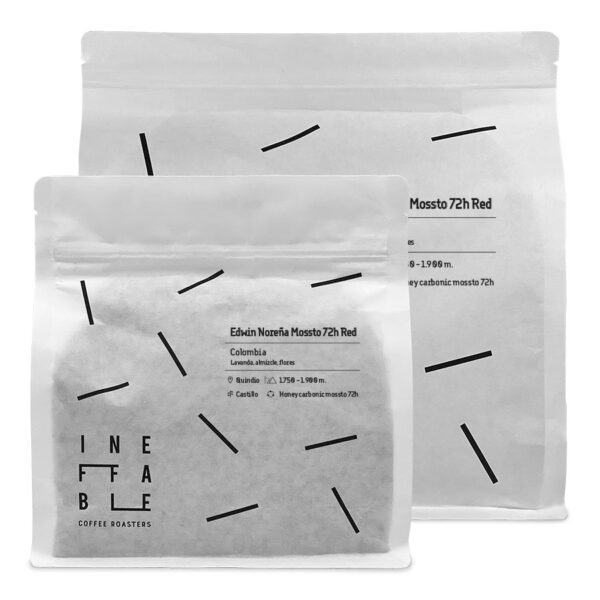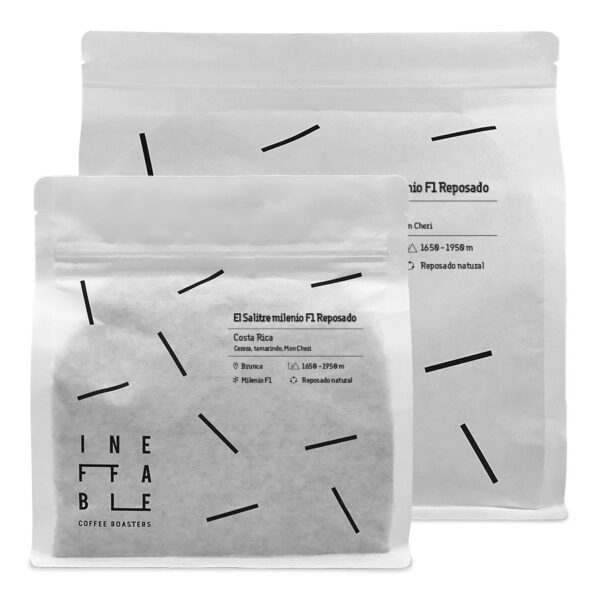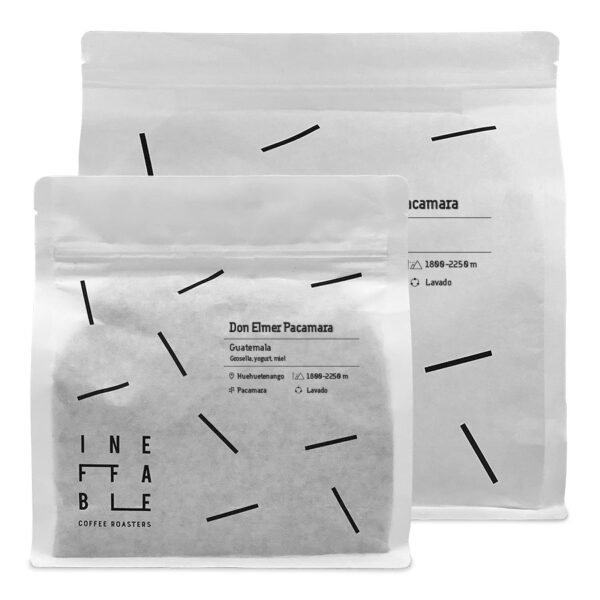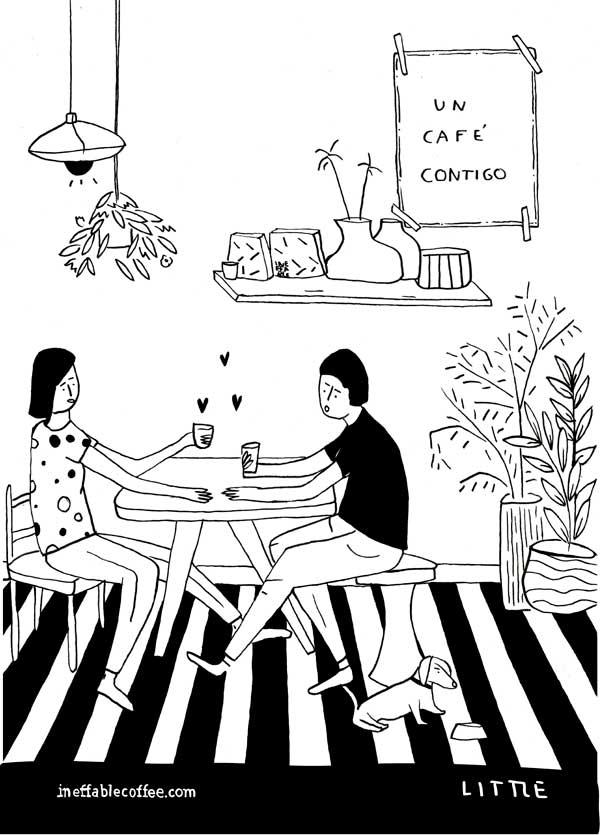Rwanda’s coffee has a history marked by resilience and achievement. Introduced during the German colonial era in the late 19th century and promoted by the Belgians in the 20th century, coffee quickly became an essential crop for the country’s economy. However, the coffee industry suffered a severe blow during the 1994 genocide, leading to widespread economic collapse.
In the 2000s, thanks to government and international initiatives, Rwanda began to rebuild its coffee industry, focusing on the production of specialty coffee. Today, Rwandan coffee is recognized worldwide for its exceptional quality and unique flavor profiles.
2. Coffee Regions of Rwanda
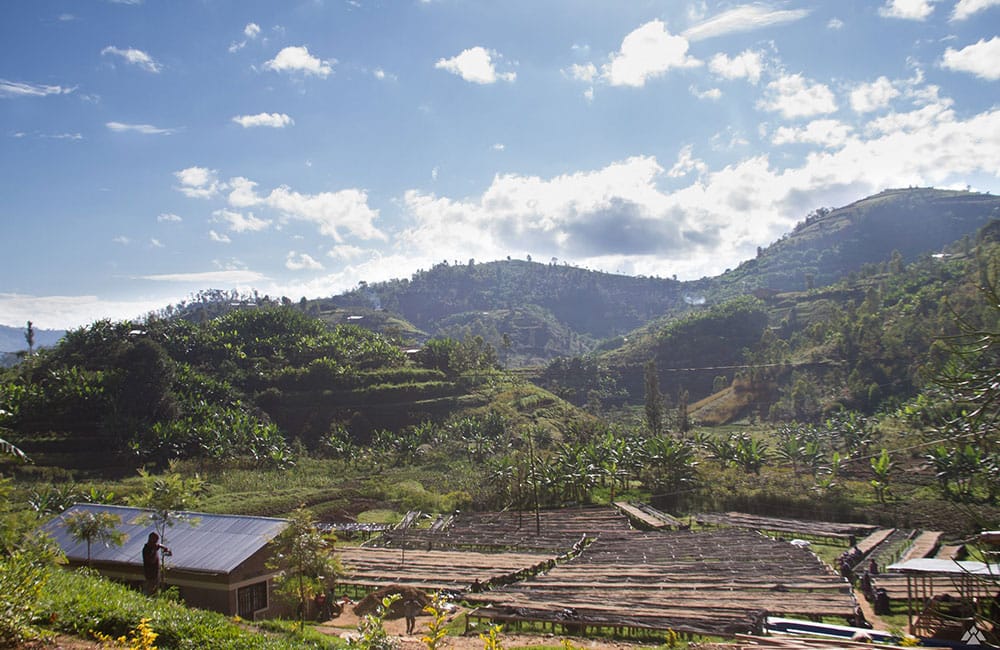
Specialty coffee growing farm in Rwanda
Coffee in Rwanda is mainly grown in the mountainous regions of the country, where the temperate climate and altitude create ideal conditions for the cultivation of high quality Arabica coffee. Some of the most outstanding regions are:
Western Region (Kivu): With coffee plantations near Lake Kivu, it produces coffees with bright acidity and intense fruity notes.
Northern Region (Musanze, Gakenke): With rich volcanic soils, it offers profiles with floral touches, intense sweetness and balanced acidity.
Southern Region (Huye, Nyamagabe): Famous for its complexity of flavors, including nuances of red fruits, caramel and spicy notes.
3. Varieties of Coffee in Rwanda

Red and yellow bourbon are the most cultivated varieties in Rwanda.
Rwanda grows mainly Arabica coffee, with the red Bourbon and yellow Bourbon varieties being the most common. These varieties are known for their excellent cup quality, with profiles that stand out for their vibrant acidity, natural sweetness and unique aromatic complexity.
4. Coffee Cultivation and Processes
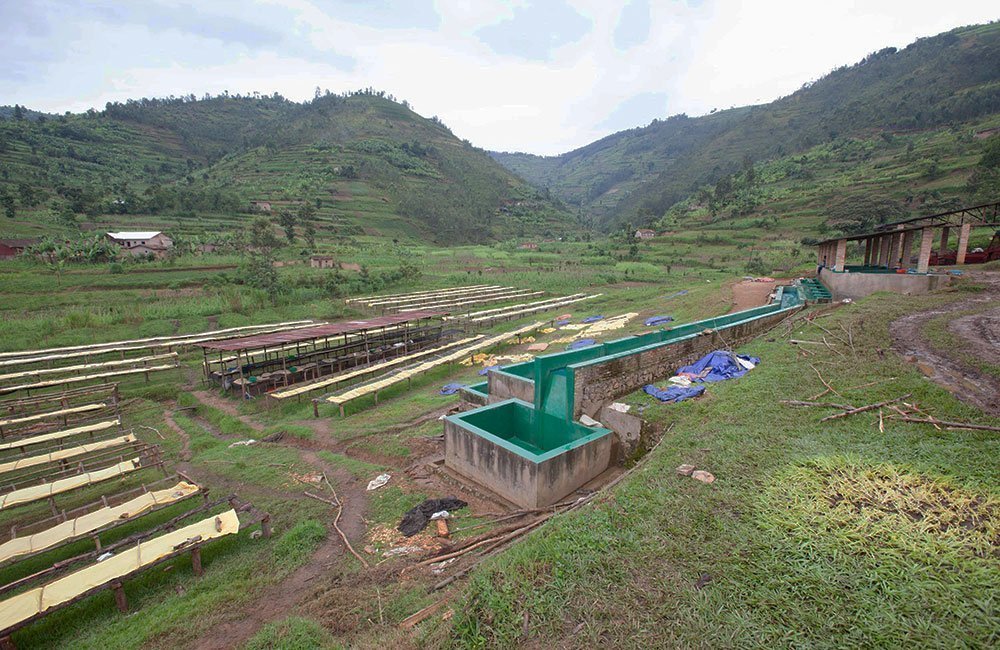
Specialty coffee processing station in Rwanda
Cultivation
Coffee in Rwanda is grown on small plots of land managed by families, who are part of local cooperatives. The climatic conditions, the altitude (between 1,200 and 2,000 meters above sea level) and the volcanic soil contribute to the production of dense, high quality beans.
Processes
Washing Process: The most common process in Rwanda. It brings clarity in the cup, brings out the bright acidity and enhances the fruity notes.
Honey Process: Used in experimental batches, it brings sweetness, complexity and a silky texture.
Natural Process: Less common, but growing, it brings intense fruity notes, denser body and a complex texture.
5. Harvest Season in Rwanda
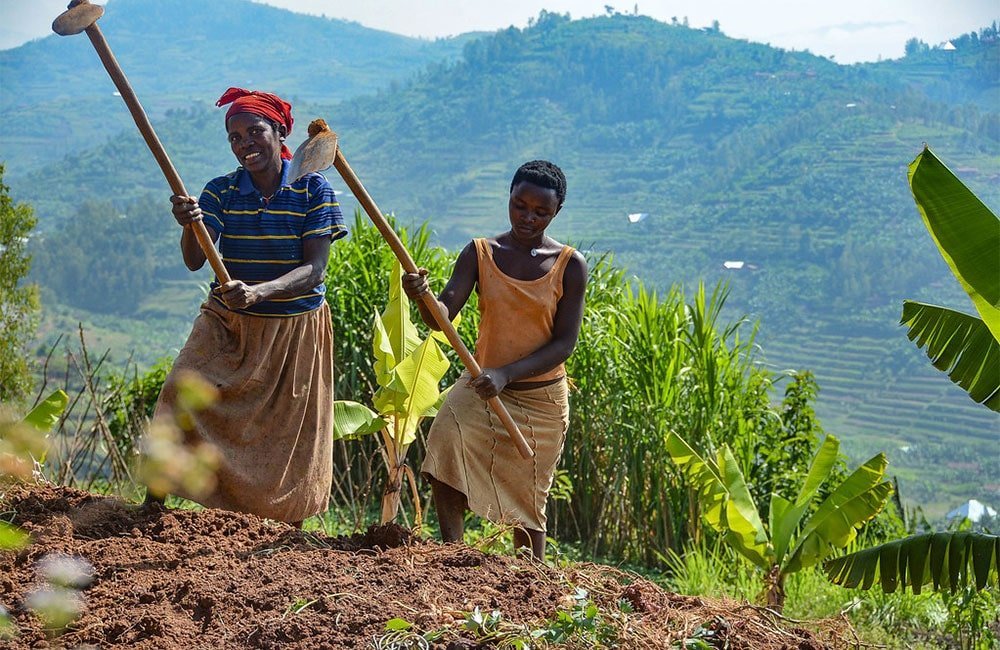
Specialty coffee plantation in Rwanda
The main harvest of Rwandan coffee occurs between March and June, with a smaller secondary harvest between September and November. Handpicking ensures the selection of cherries at their optimum ripening point, which contributes to the high quality of the bean.
6. Flavor Profile of Rwandan Coffee
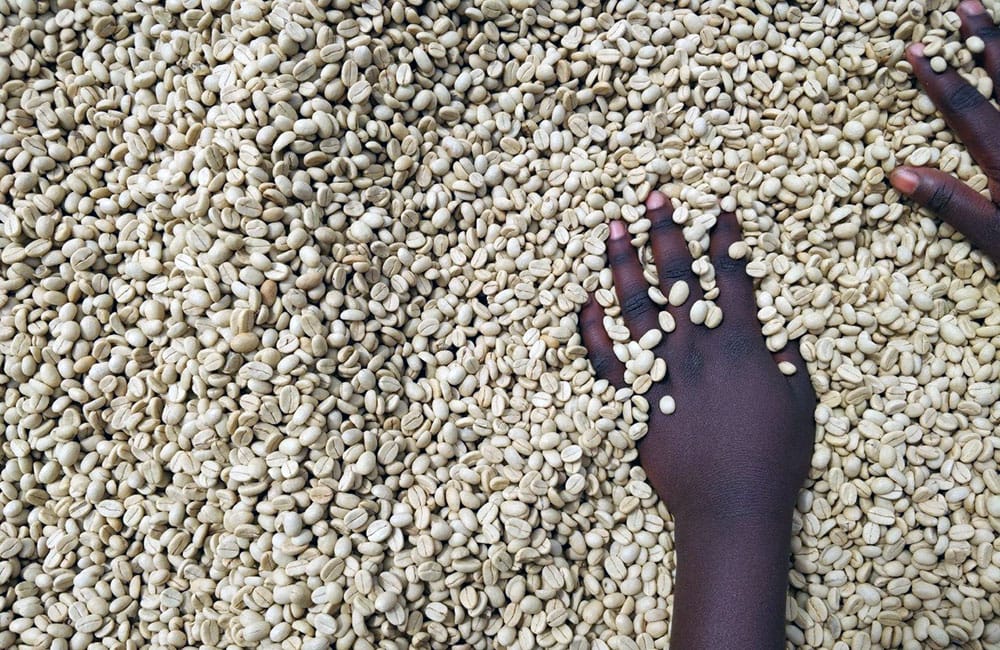
Drying on African beds is common in Rwanda
Rwanda coffee is known for its bright acidity, medium to light body and an aromatic complexity that includes:
Fruity notes: red berries, cherry, blueberries, blackberries.
Floral nuances: Jasmine, rose, lavender.
Spicy hints: Cinnamon, vanilla, nutmeg.
Natural sweetness: Similar to caramel, honey or brown sugar.
Enjoy our seasonal coffee, visit our store.
- Filter & EspressoCold BrewSpecial process
Edwin Noreña Red – Colombia – Mossto 72h Co-fermented
36,00€ – 132,00€ VAT included - Filter & Espresso
El Salitre Milenio F1 – Costa Rica – Reposado natural
27,00€ – 99,00€ VAT included - Filter & Espresso
Don Elmer Pacamara – Guatemala – Washed
25,00€ – 89,00€ VAT included
7. What is the socio-economic impact of coffee cultivation in Rwanda?
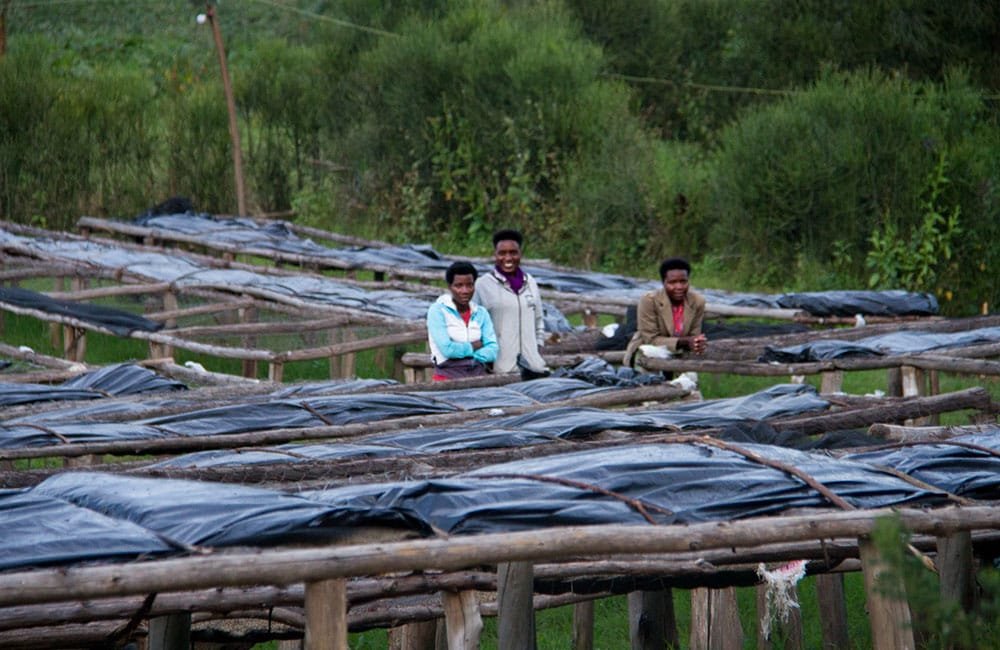
Specialty coffee in Rwanda provides an opportunity for prosperity to small producers
Coffee is one of Rwanda’s main exports, generating significant income for more than 400,000 smallholder farmers. Coffee cooperatives have been instrumental in improving the quality of life of rural communities, promoting social inclusion, environmental sustainability and women’s empowerment.
8. Curiosities about Rwandan Coffee
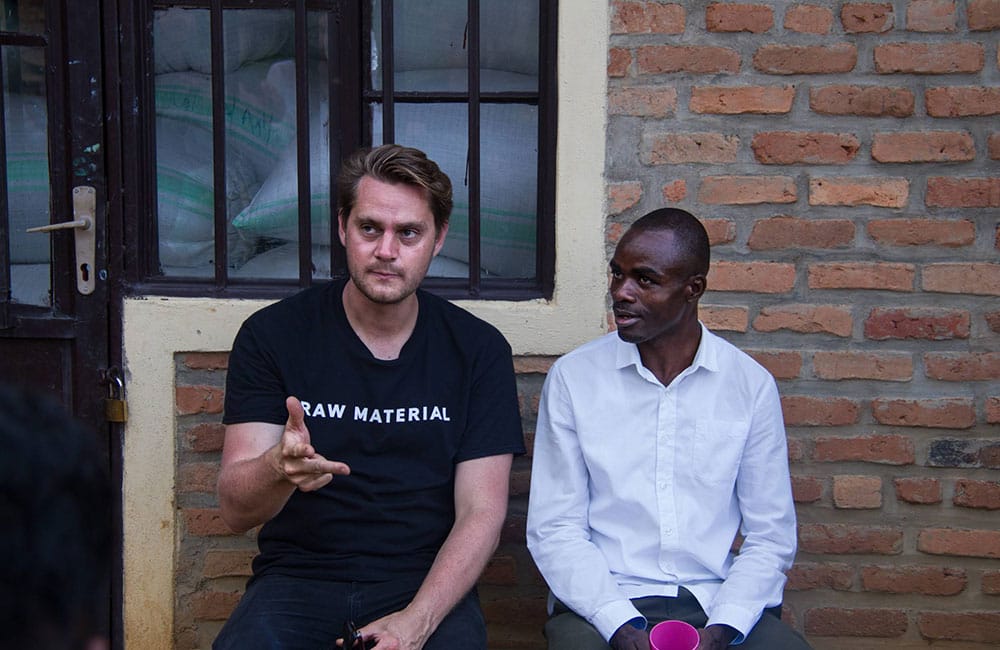
One of our importers of specialty coffee in Rwanda.
-
Nicknamed the “Country of a Thousand Hills”: The hills create optimal microclimates for high quality coffees.
International Awards: Rwandan coffees have won multiple Cup of Excellence competitions, standing out for their exceptional quality.
Potato Defect: A curious phenomenon that affects some beans, but which is effectively controlled thanks to improvements in processing.
9. How to Prepare and Enjoy Rwandan Coffee
Recommended methods: Pour-over, Chemex, Aeropress, to bring out its acidity and vibrant fruit notes.
10. Conclusion
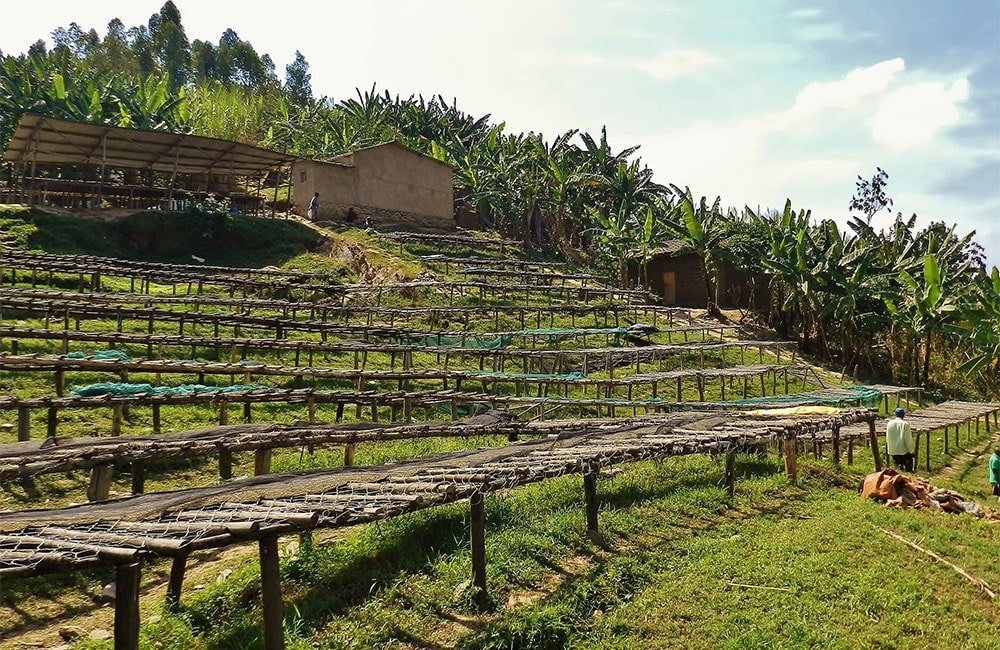
African coffee drying beds in Rwanda
Rwandan coffee is a true treasure of the specialty coffee world. Its history of self-improvement, combined with unique growing conditions and an unwavering passion for quality, make every cup an unforgettable experience. Discover Rwandan coffee and travel with every sip to the heart of Africa, where coffee is more than a beverage: it is an expression of culture, resilience and excellence.

